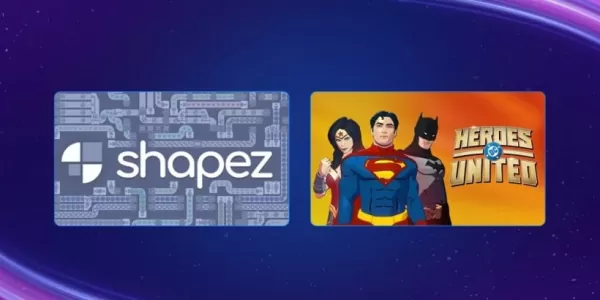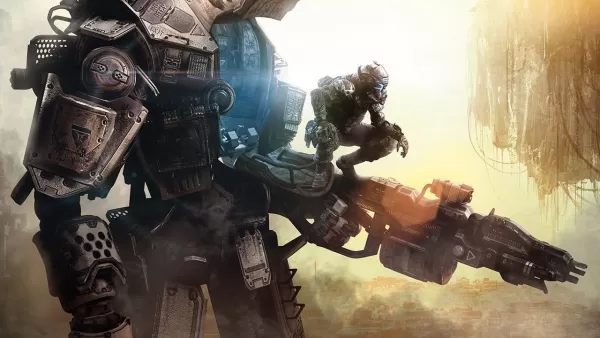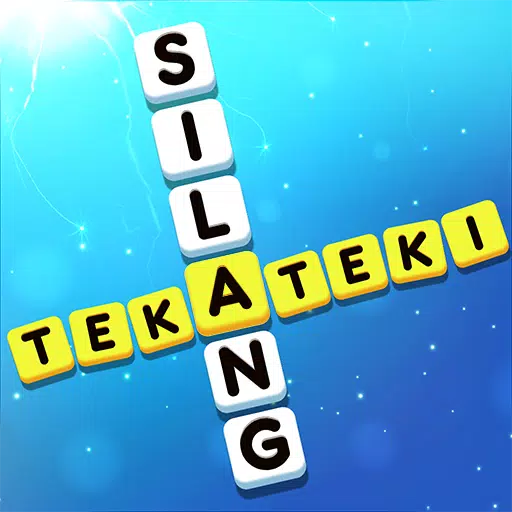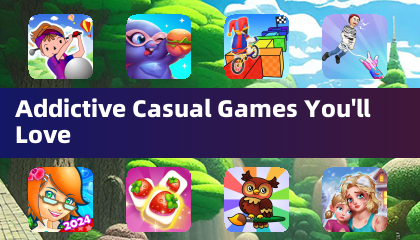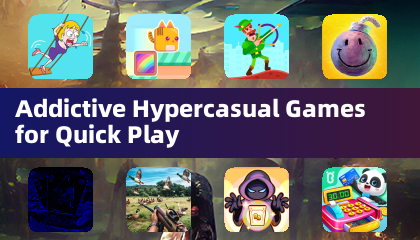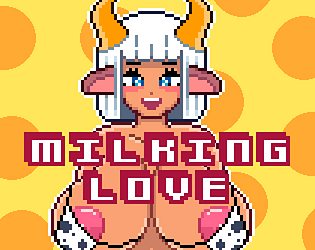Five years ago, when Mike and Amy Morhaime founded Dreamhaven, I had the opportunity to speak with several founding members about their vision for the company. During our interview, they expressed their desire to create a sustainable publishing and support system for game studios, encompassing the two they were establishing at the time (Moonshot and Secret Door) and other partners they would collaborate with in the future.
At the conclusion of our discussion, Mike Morhaime shared an ambitious goal for the new company:
"We want, if I may be so bold as to say, to be a beacon to the industry," he explained, referencing the company's lighthouse logo. "There's a better way to approach the business of games and the operation of a game company that can yield excellent results, both in terms of product quality, financial rewards, and work environment. This approach could potentially elevate the entire industry."
Around the time Dreamhaven was founded, numerous studios were being launched by former AAA leaders with the goal of creating more sustainable and innovative ventures. However, the industry has faced numerous challenges since then, including a global pandemic, economic instability, widespread layoffs, studio closures, and project cancellations. Many of these visionary studios have either shut down before releasing any games or have postponed their ambitions indefinitely.
However, Dreamhaven has thrived amidst these challenges. Today, they partnered with The Game Awards for their inaugural showcase, unveiling four exciting projects. Two of these are internally developed: Sunderfolk, a turn-based tactical RPG with couch co-op, set for release on April 23, and the newly announced Wildgate, a crew-based first-person shooter centered around space heists (which we had the chance to preview). The other two games are externally developed but published and supported by Dreamhaven: Lynked: Banner of the Spark, an action-RPG from LA-based developer FuzzyBot, currently in early access and scheduled for its 1.0 launch in May, and Mechabellum, a turn-based tactical auto-battler from Chinese studio Game River, released last September. With Dreamhaven's support, Game River aims to keep Mechabellum updated and fresh over the long term.
Dreamhaven's activity extends beyond these four games. They are also supporting ten other external studios, many of which are founded and staffed by former AAA developers, through investments, consultancy, fundraising support, and sometimes publishing assistance. Speaking with Mike Morhaime at the Game Developers Conference (GDC) last week, he emphasized that Dreamhaven's aim from the start was to create a "net" to "capture some of this great talent that was dispersing" throughout the industry.
Wildgate - First Screenshots
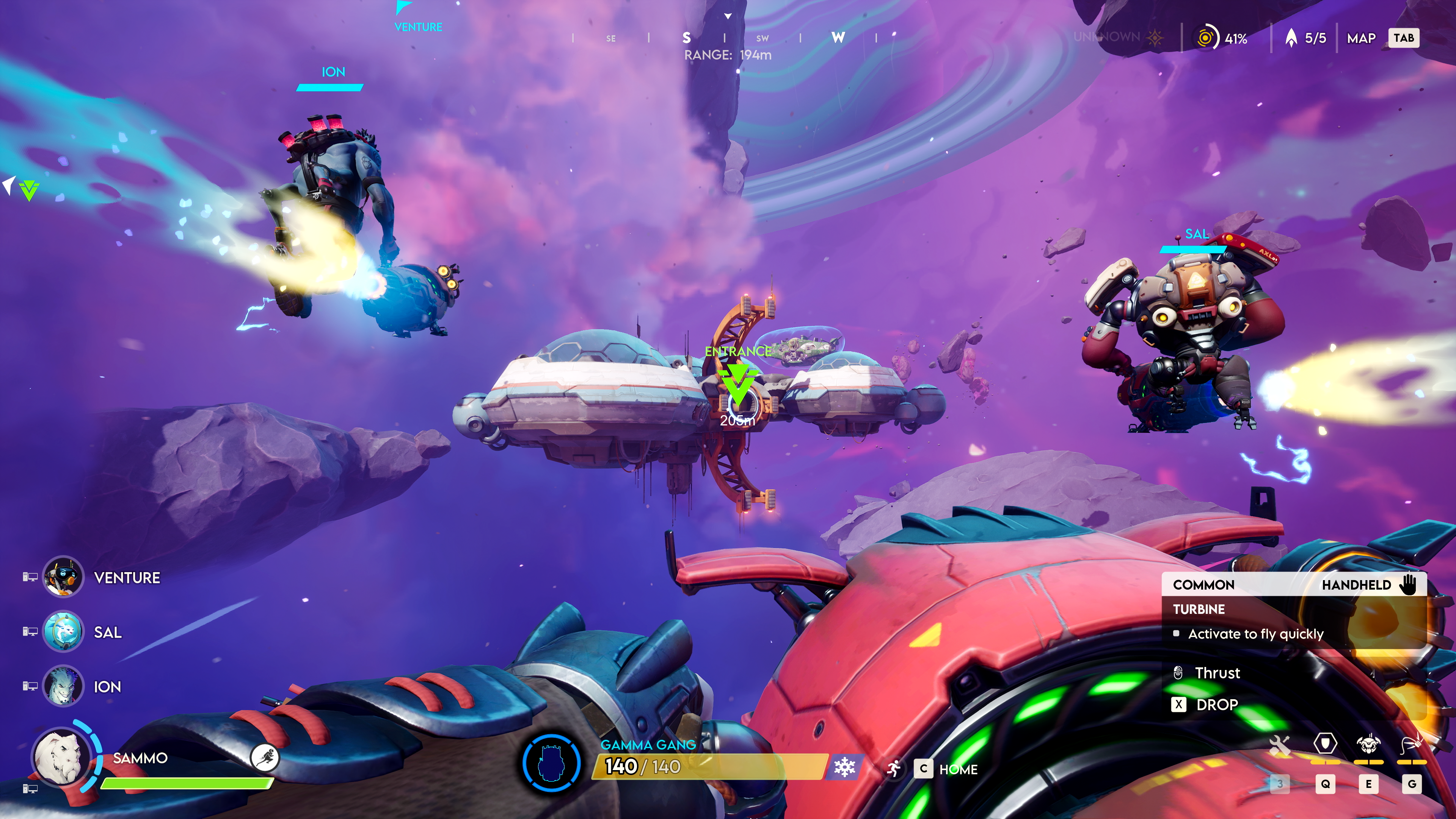
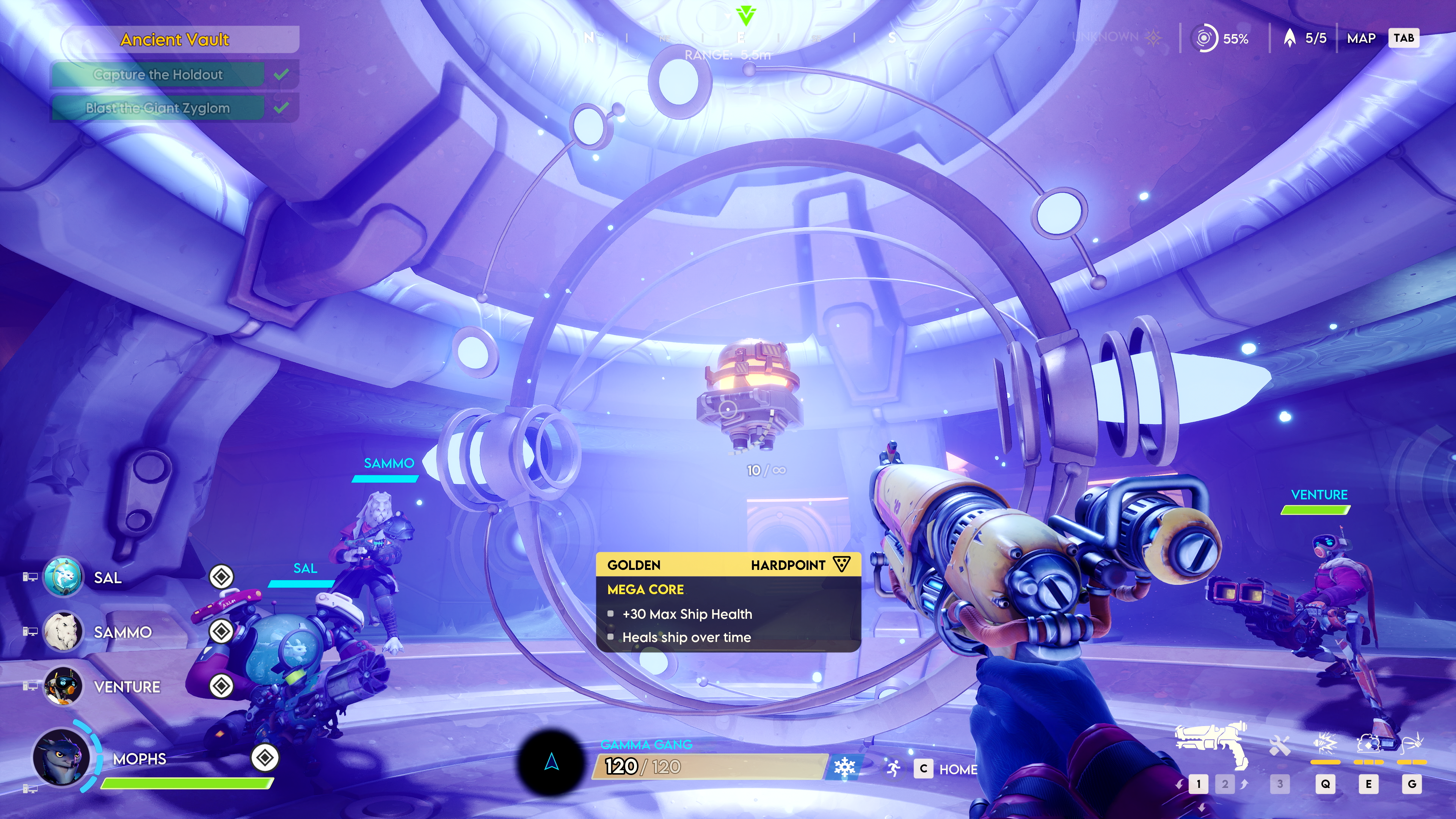 10 Images
10 Images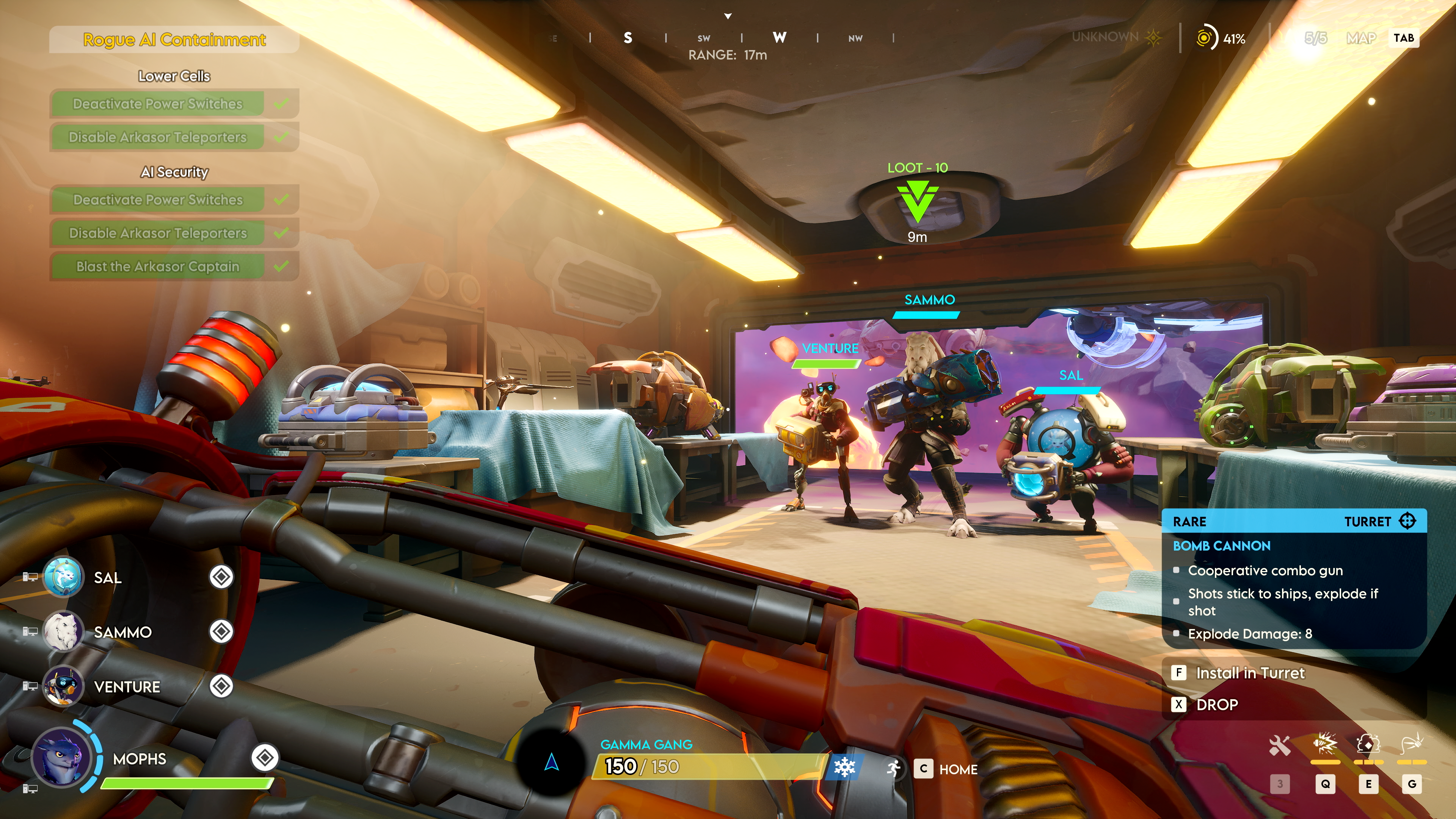
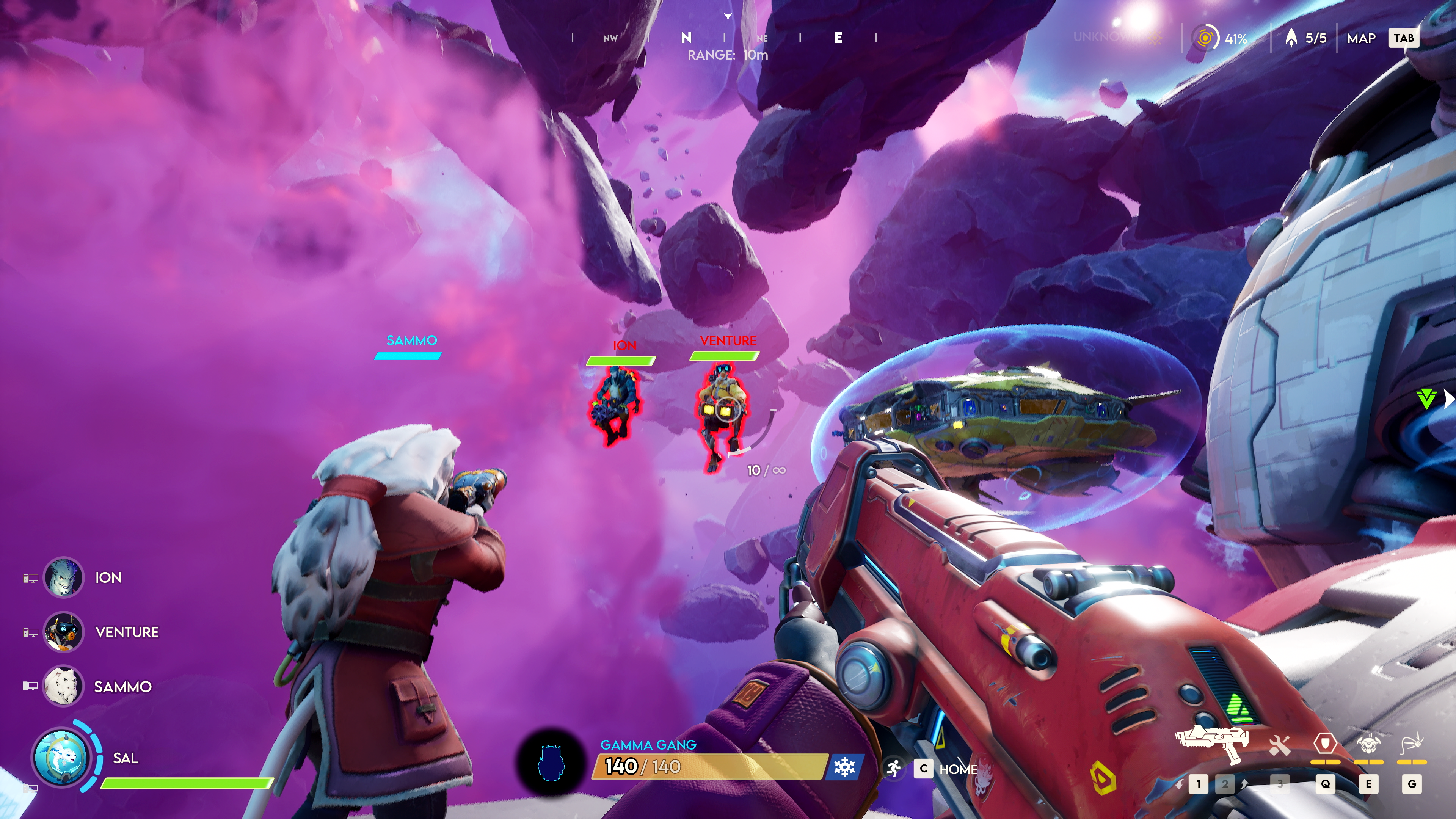
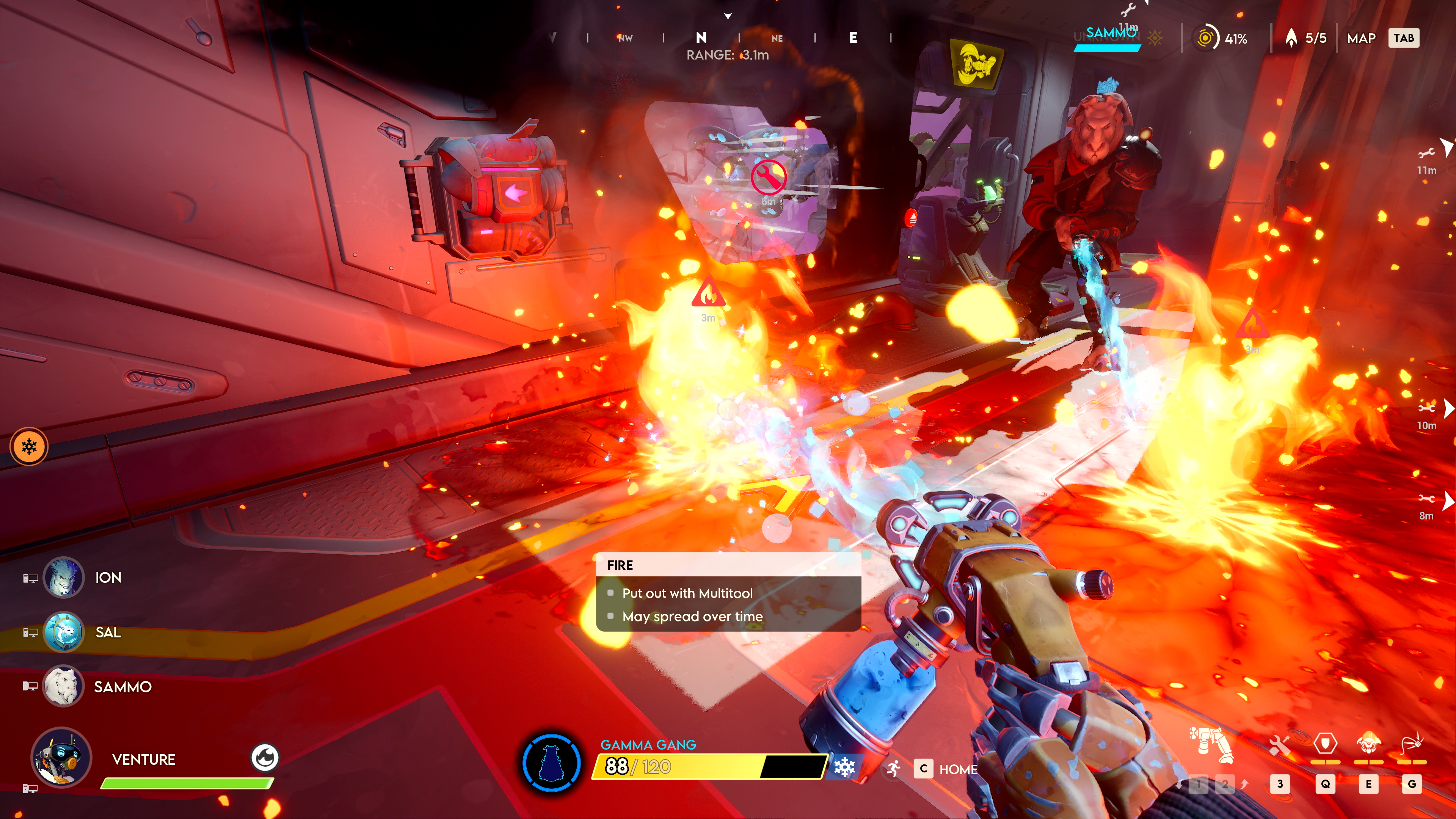
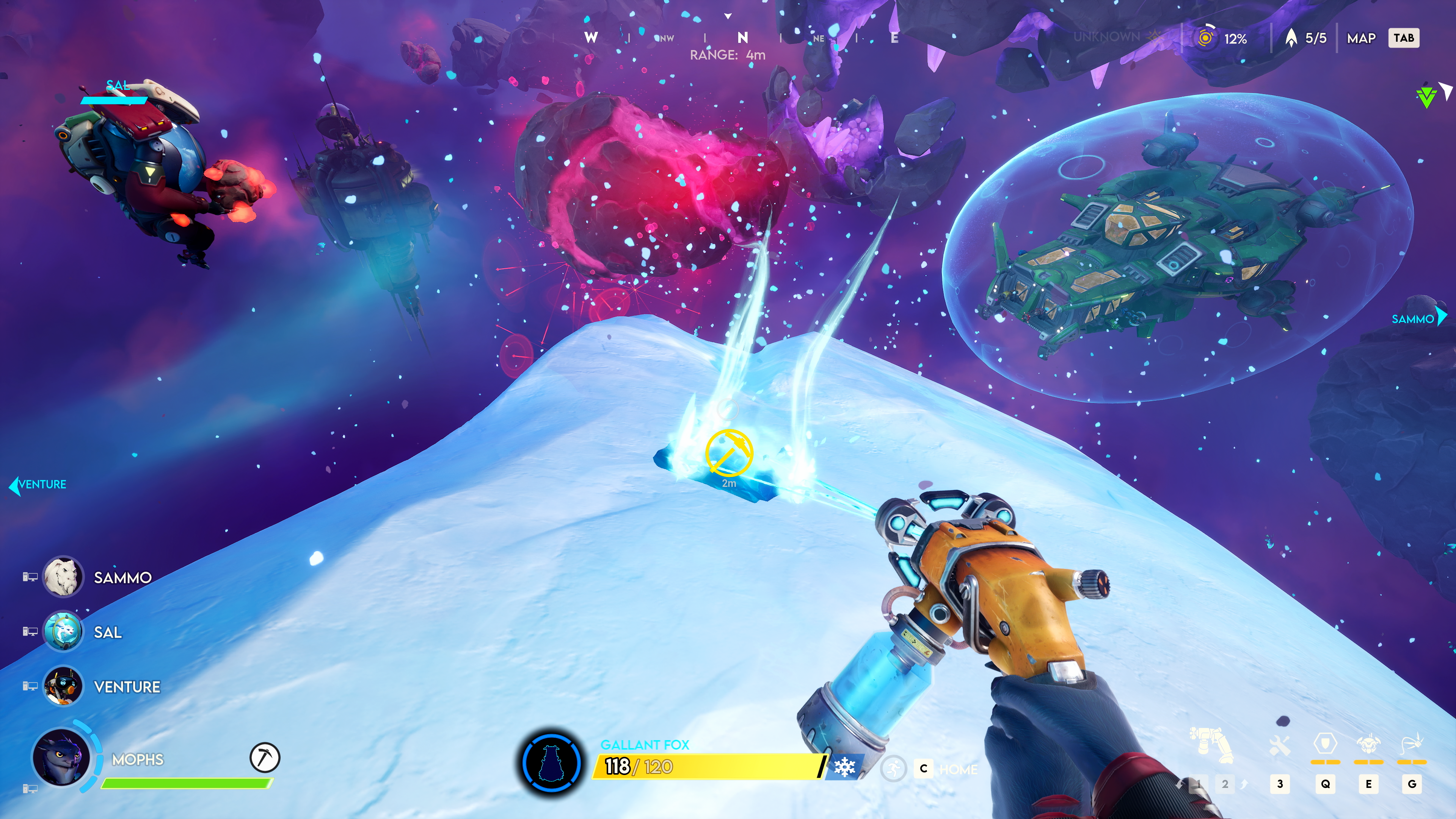
"We saw all these studios starting up and we have a lot of relationships," he explained. "We knew many of the people starting these ventures and wanted to create a structure that allowed us to be helpful and support these studios. So, we established a framework that provides guidance and advice, incentivizing us to see them succeed."
Throughout GDC, discussions about the ongoing industry crisis highlighted the tension between prioritizing profits and fostering creativity. When I asked Morhaime about balancing craft and business, he maintained that the two are not mutually exclusive. However, he believes that an environment that allows for innovation must include room for occasional failure.
"To create an environment conducive to innovation, you need a degree of safety and space to experiment and try new things," he said. "We're not against our products being successful and profitable. It's about focus—what are these teams concentrating on? They're not focused daily on maximizing profitability at every step. Instead, they aim to create the best possible experience, which we believe is the right business strategy and positions us better for long-term success. With so many games released each year, the only way to stand out is by offering something truly special."
Given that Dreamhaven and many of its partners are staffed by AAA veterans, I asked Morhaime about the key lesson he took away from his time at Blizzard. He emphasized the importance of an "iterative" game development process.
"It was never linear," he stated. "It wasn't a straight line where you have a perfect plan and execute it flawlessly, leading to happiness and success. We always encountered obstacles and things that didn't work as expected. We had the flexibility and adaptability to address these issues along the way. So, approaching everything with this experimental mindset allows us to try things, and if they don't work, we can go back and fix them, ultimately creating something we're proud of."
Conversely, I asked him about the biggest difference between working at Blizzard and his current role at Dreamhaven. His response was succinct: agency.
"Probably the biggest difference is that we have such an experienced team, and our structure gives a tremendous amount of agency to our studio leadership teams," he said. "It's a unique environment in terms of the relationship between our studios and the central company. The central teams are here to support the studios' needs, and our studio heads and leadership are also founding members of Dreamhaven. It's truly more of a partnership."
Our conversation then turned to new technologies, particularly the contentious topic of generative AI. While it's unpopular among gamers and unsettling for many developers, numerous AAA gaming companies are beginning to use it. Dreamhaven isn't shying away from it, Morhaime noted, but their use has been cautious, limited to research on best practices and internal policy drafting, and not integrated into their games.
"As a technologist, I find it incredibly exciting to see what's happening in our lifetime," he said. "Just a few years ago, I couldn't have imagined that generative AI would achieve what it's doing now. There are many complexities around it—legal, ethical—and it's challenging to predict its impact on our lives. I believe it will affect us in many positive ways, though some aspects are concerning. You can't simply shut it down and put it back in a box. If you try, it won't slow down or stop. Those who ignore it will be at a huge disadvantage."
We also discussed a less controversial new technology, the Nintendo Switch 2. Both Sunderfolk and Lynked are slated for release on the Switch, while Mechabellum remains Steam-exclusive due to its genre. Wildgate's announcement lacked mention of the Switch, though Morhaime remained tight-lipped on that front. However, he offered general thoughts on the new console:
"Console transitions can be disruptive but also invigorating and beneficial for the games industry," he said. "For a gaming startup like ours, these transitions are positive. If you already have games on the market, there might be some disruption to consider, but that's not our concern. As a gamer, I find console transitions exciting."
As we concluded our discussion, I asked Morhaime if Dreamhaven has achieved the mission he outlined five years ago. Is Dreamhaven a "beacon to the industry"? Morhaime believes they're not there yet; they still need to release their games and see the response from players and the industry.
"We have to put out games that people love and achieve financial success, because if we don't, no one will see us as a beacon for anything," he stated. "Ultimately, I want Dreamhaven to build a reputation with gamers where the brand stands for something—a seal of quality. We want to build trust so that players know if a game comes from Dreamhaven, regardless of genre, it will be something special and worth checking out."

